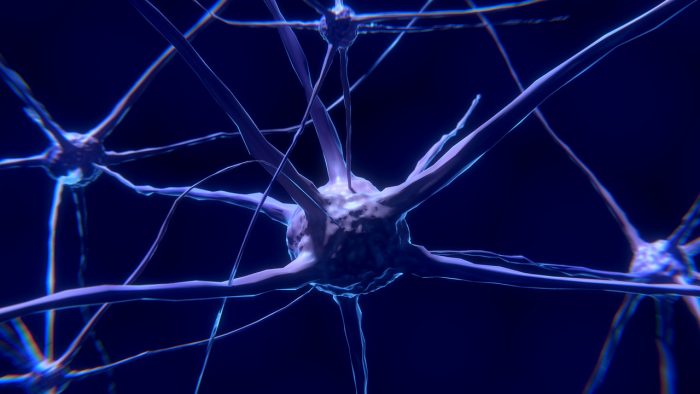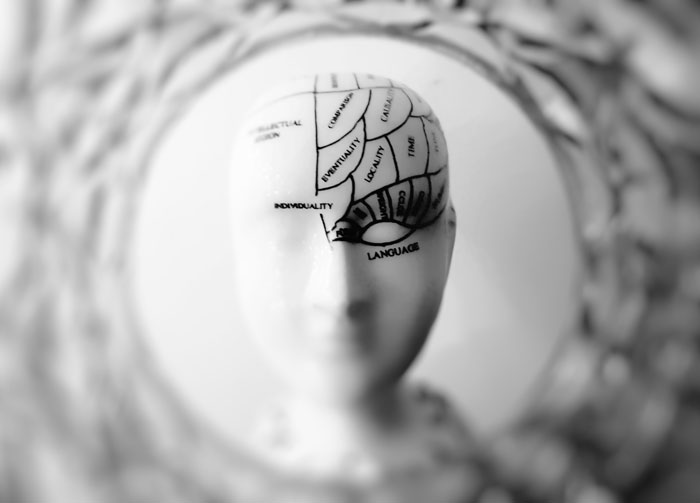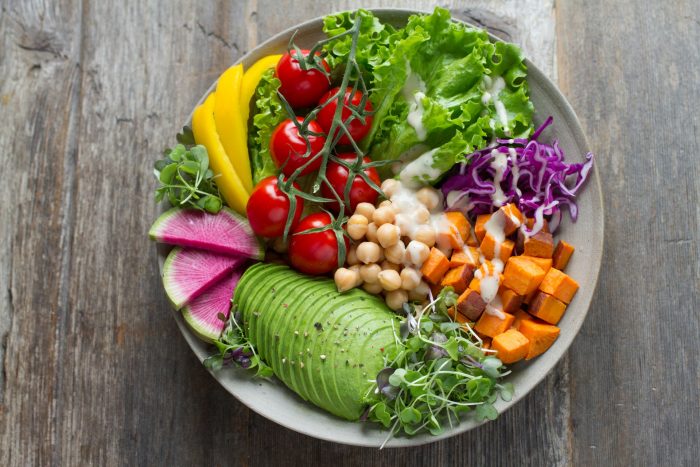Recently a new theory has sprung up referred to as the gut microbiome-brain connection; it scrutinizes a connection between the brain and the gut. It is based on the grounds that when the bacteria in your gut changes it causes changes not only in mood, but in the brain. On a larger scale it can have an impact on mental health and cognitive function. Moreover, the gut can boast housing the biggest quantity of immune cells than the rest of your body. For this reason the gastrointestinal (enteric) nervous system, or ENS, is often called the “second brain”. It is responsible for proper functioning of the gastrointestinal tract; although it has independent functions it is also in incessant communication with the central nervous system. Is it working as it should? What are the ways to improve your brain-gut-connection?

What exactly is the gut?
To begin with, the gut is the place where trillions of microbes of about 500 species and several pounds of bacteria reside. It is scientifically known as gut microbiota, and it is essential to your overall health and lifespan. This gut fauna participates in digesting processes, regulating hormones; it also produces vitamins useful for the brain.
The gut-brain axis
The gut-brain liaison is known as the gut-brain axis. It is a highly complex and strong connection conveying manifold signals both from the gut to the brain and the other way round. Its functionality provides perfect and permanent correlation between the body and the mind.
If you gut is in perfect order, your mood will be bright and your brain will work properly. Also, gut-brain axis research has shown that various gut problems can be settled when health of the brain is improved. It works the other way round as well – when gut health has gotten better it can affect brain issues positively and improve mood.

Gut is often influenced by emotions and emotional strain
Every time you feel queasy in the belly when you have a job interview, an examination or an assessment session, this is your gut-brain axis revving up. As strong stress descends on you, you want to fight or fly, so your digestion gets weaker giving your muscles more freedom. It occurs no matter if your stress is real or imagined.
The gut-brain axis responds equally to an actually injure-bearing situation as well as to one when you are nearing a deadline and your stress is growing on you. A grave disruption of the digestive process can ensue complete with stomachache, nausea, other unpleasant sensations.
Since the brain and the gut remain in close collaboration, you can observe the way your strong emotions and stress get reflected in the functions of the gut. The gut reacts to anxiety, depression, dejection, irritation, fury and other overwhelming emotions.
Once your psychological state has affected your digestion, sudden revving up or slowing down may result in painful bloating. This is the reason why changes in our emotional state can add aggravation to some gut concerns such as Crohn’s disease, gastroesophageal reflux disease (GERD), irritable bowel syndrome (IBS), and colitis. They may make sensitivities and food allergies more acute.
When gut-brain concerns are left unattended
Should you live in the state of unceasing stress or chronic anxiety your life can turn into a vicious circle: stress causes gut issues, they in turn transmit the information back to the brain bringing down your mood and making stress even stronger. Thus the strain goes round in circles getting worse with every loop.
If stress is there to stay, it may make germs more active – they may move about the gut lining and find their way into the bloodstream. A permanent stressful condition can make the gut inflamed and introduce significant changes into the gut’s microbiota. These two factors cannot but perturb various other internal organs besides the brain. With those having depression and/or heart issues, such changes can aggravate the conditions.
How to treat brain-gut issues?

The close connection of the brain and the gut allows digestive disorders like the aforementioned IBS, GERD, and others to be addressed in a combinatory mode grounded on gastrointestinal medicine and behavioral approaches alike. Consider the following factors:
Eating habits
It is natural that your eating habits and the gut microbiome are closely linked. In order to mitigate the symptoms of IBS and other diseases (and consequently the quality of life) you can lessen the number of fermentable oligosaccharides (FODMAP) in your meals, as well as the number of disaccharides, monosaccharides, and polyols (FODMAPs). It can introduce favorable alterations to the gut microbiota.
The better-known FODMAP foods include milk, honey, wheat, and onions. For a more salubrious composition of your gut germs and bacteria go for fiber (to be found in spinach and other fiber-rich plants) and probiotics.
To ensure a healthy brain and guts and a brighter mood include in your diet:
- More vegetables and fruits
- Sauerkraut
- Cooked whole grains
- All kinds of nuts and seeds
- Various yogurts
What is your 30 a week?
As you sustain yourself on plant foods you can stimulate the upspring of species of beneficial bacteria thereby strengthening your gut health. You can attain this result merely by consuming about 30 different healthy plants every week.
What would be best for consumption? Practically all vegetables and legumes, beans, whole grain foods, seeds, and all kinds of nuts. Mark your progress with a point for each dish with a plant, and add 1/4 point for every herb and spice you used.
Exercising
As you get engaged in physical workouts, you provide conditions for a greater diversity of your gut fauna. Exercises are great for ensuring a sound balance of the microbiome in the guts which is beneficial for health.

Taking medication
Since antibiotics are apt to bring down the number of your gut bacteria, be sure that you don’t take more of them than officially prescribed.
Stress coping
For a well-balanced gut fauna, we should be leading a stressless life. We need to take measures to alleviate stress; psychotherapy suggests three most efficient techniques to employ:
Cognitive behavioral therapy (CBT)
For the most comprehensive understanding of how the brain and the gut interrelate, CBT, cognitive behavioral therapy, has proved to be highly efficacious. Tests show that the therapy influences IBC symptoms in particular and life quality in general, mitigating signs and optimizing the brain-gut axis.
Progressive muscle relaxation (PMR)
We grow to be much more aware of sensations in our muscles as we make headway with progressive muscle relaxation. So you gain the realization if and when your particular muscles grow to be too tense for your comfort and address them. If you are relaxed properly you will get rid of anxiety and depression.
Meditation can be healing
It’s understandable that stress interferes with the gut fauna and can exacerbate the gut’s functionality; likewise, meditation brings relief from stress, thereby quietening inflamed body parts – and, consequently, making the gut healthier. Regular meditation, while it sets your mind at rest, also brings the nervous system into balance, helping eliminate anxiety, dispel moodiness and alleviate negative gastrointestinal symptoms.










